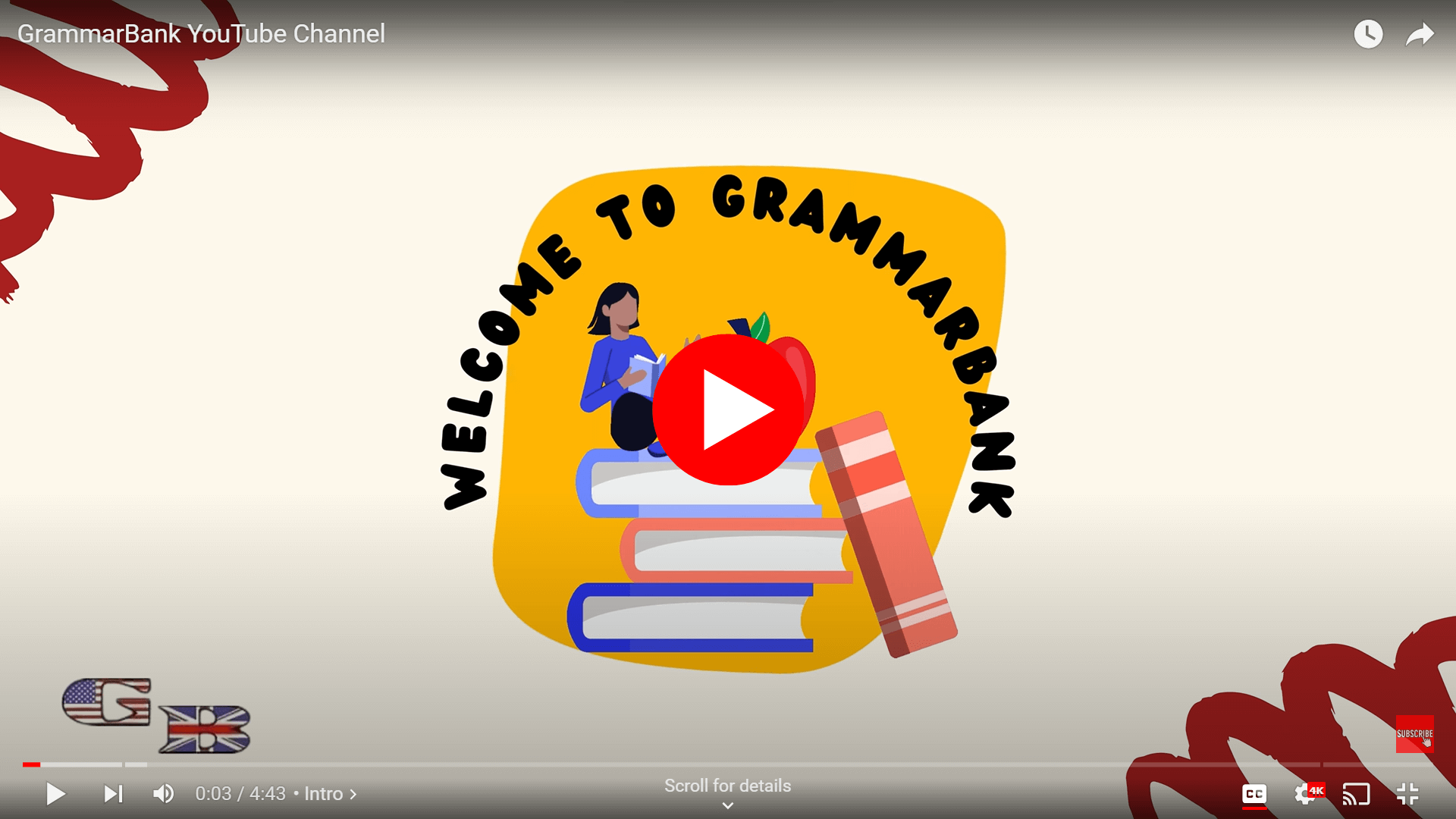Parts of Speech
Parts of speech also called word classes, include nouns, pronouns, adjectives, adverbs, verbs, function words.
| PART OF SPEECH | DEFINITION | EXAMPLE |
| Nouns Common Proper | Names a person, place or a thing, including feelings, ideas and qualities Names a whole category of persons, place or things Names a particular person, place or a thing | women, Anne, London, parts of speech, anger, freedom, weight Women, street, car Anne, London, Ford |
| Pronouns | Used in place of a noun | I, me, her, mine, theirs, who?, that, all, both... |
| Verbs Action Linking |
Tells what a noun or pronoun is or does Shows physical or mental activity Links the subject to a word or phrase that renames and / or describes it | Jump, look, see, be run, go, think, forget Jessy is the winner. You seem very tired. |
| Adjectives | Modifies a noun or pronoun: tells what kind, how much, how many, or which one | Two happy little boys with red balloons That hat is new. |
| Adverbs | Modifies an action verb, an adjective, or another adverb; tells where, when, how or to what extent/degree | He is playing outside. We worked quickly. They are leaving soon Micheal is very smart. |
| Prepositions | Shows the relationship between the noun or pronoun that follows it and some other word in the sentence | The man in the blue car is going to the park. The letter is from him. |
| Conjunctions | Parts of speech that join words, phrases or clauses | and, for, yet, but, or, nor, so Jason and Eric work together. We were late, so we ate in the car. |
| Interjections | Expresses surprise or emotion | Oh! The car's on fire! Help! |
Sentence Structure Chart
| SENTENCE PART | DEFINITION | EXAMPLES |
| SENTENCE | Expresses a complete thought; needs a subject and a verb; may also need a direct object, an indirect object or a subject complement | Matt fixed the radio. Jeff is happy. Check your backpack. Where did you leave your book? |
| SUBJECT | Tells who or what is doing the action or spoken about or to | Matt fixed the radio. Jeff is happy. (You) Check your backpack. Where did you leave your book? |
| VERB | Expresses action or links the subject to a word that identifies or describes the subject; every sentence needs a verb | Matt fixed the radio. Jeff is happy. (You)Check your backpack. Where did you leave your book? |
| DIRECT OBJECT | Tells who or what receives the action of an action verb | Brian hit the ball to me. I saw Sandra at the mall. |
| INDIRECT OBJECT | Tells to whom or for whom an action is done | She gave me her paperwork. Sarah left Mary Rose a note. |
| SUBJECT COMPLEMENT | Follows a linking verb and renames or describes the subject | Anna was our receptionist. Angelina is an English tutor. |





Comments